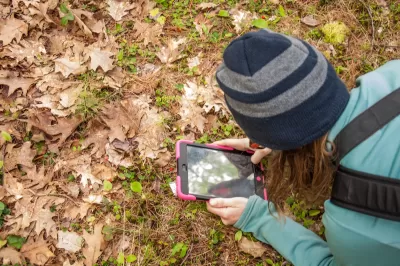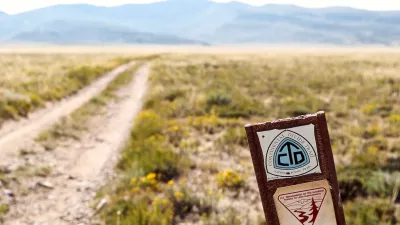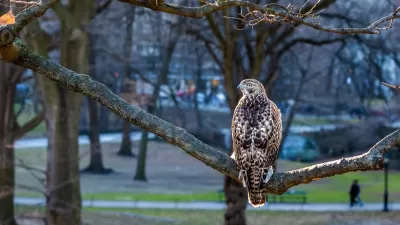Community science platforms like eBird and iNaturalist enhance early detection of invasive species, complementing professional surveillance and highlighting the need for stronger collaboration between the public and official authorities.

Early detection is crucial for managing invasive alien species (IAS), which pose significant threats to ecosystems, economies, and public health. While official surveillance is vital, a new study highlights the critical role of community science platforms, such as eBird and iNaturalist, in identifying these species. Analyzing 600 official first records of IAS from 30 countries, researchers compared professional databases with 220 million records from public platforms, finding that community contributions were earlier than official reports in 20 percent of cases and equally timed in 30 percent, showcasing the platforms' effectiveness in complementing formal surveillance.
The research revealed variations in early detection by species type and geography. Species regulated at the European level or observed in neighboring countries were reported more quickly on public platforms, likely due to heightened awareness. However, some obscure species requiring specialized identification techniques were detected faster by professional scientists. Countries like Sweden and the Netherlands stood out for their high rates of public-first detections, demonstrating the potential of integrating citizen data with professional monitoring systems to enhance IAS management.
To unlock the full potential of public participation in IAS detection, researchers recommend improved collaboration between authorities and community science platforms. Governments should ensure data from public contributions flow seamlessly into open databases and invest in technologies that support citizen reporting in under-surveyed areas. Strengthening these partnerships can enhance global IAS management and foster a more inclusive approach to biodiversity conservation.
FULL STORY: Unlocking the full potential of community-led surveillance of invasive species

Planetizen Federal Action Tracker
A weekly monitor of how Trump’s orders and actions are impacting planners and planning in America.

Congressman Proposes Bill to Rename DC Metro “Trump Train”
The Make Autorail Great Again Act would withhold federal funding to the system until the Washington Metropolitan Area Transit Authority (WMATA), rebrands as the Washington Metropolitan Authority for Greater Access (WMAGA).

The Simple Legislative Tool Transforming Vacant Downtowns
In California, Michigan and Georgia, an easy win is bringing dollars — and delight — back to city centers.

The States Losing Rural Delivery Rooms at an Alarming Pace
In some states, as few as 9% of rural hospitals still deliver babies. As a result, rising pre-term births, no adequate pre-term care and harrowing close calls are a growing reality.

The Small South Asian Republic Going all in on EVs
Thanks to one simple policy change less than five years ago, 65% of new cars in this Himalayan country are now electric.

DC Backpedals on Bike Lane Protection, Swaps Barriers for Paint
Citing aesthetic concerns, the city is removing the concrete barriers and flexposts that once separated Arizona Avenue cyclists from motor vehicles.
Urban Design for Planners 1: Software Tools
This six-course series explores essential urban design concepts using open source software and equips planners with the tools they need to participate fully in the urban design process.
Planning for Universal Design
Learn the tools for implementing Universal Design in planning regulations.
Smith Gee Studio
City of Charlotte
City of Camden Redevelopment Agency
City of Astoria
Transportation Research & Education Center (TREC) at Portland State University
US High Speed Rail Association
City of Camden Redevelopment Agency
Municipality of Princeton (NJ)





























